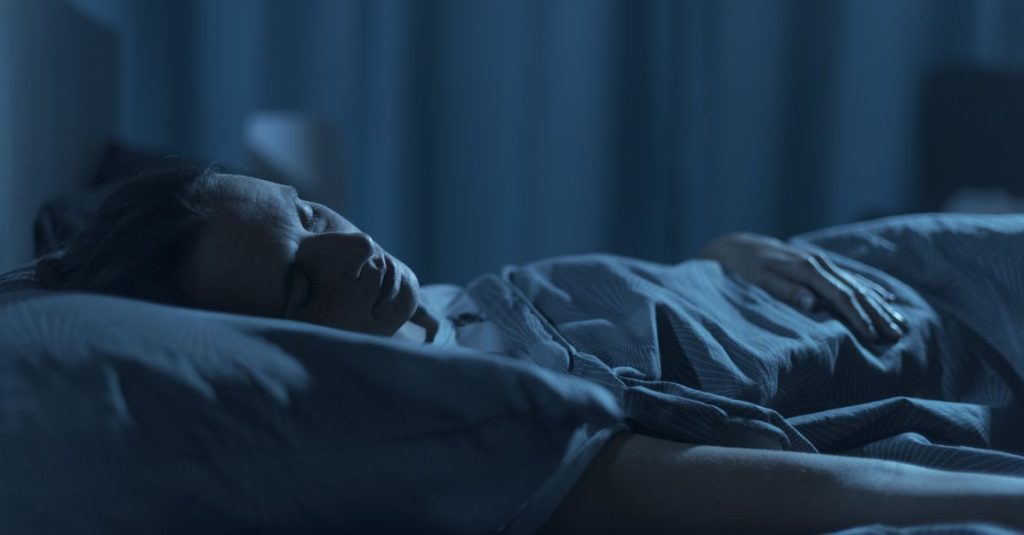A specific firing pattern of brain cells, immediately after a daytime event, determines whether the memory of that experience is “replayed” during sleep and imprinted in memory. Scientists already knew that this pattern occurs during sleep, while memories are recorded.
But the fact that it also happens during the day to describe the experience as valuable is something completely new. If this signal does not occur shortly after the experience, that memory will not be stored. The research conducted on mice was published Thursday in the scientific journal Sciences.
The American researchers studied the joint firing of brain cells in the area of the brain that is the center of memory, which is the hippocampus. Large groups of brain cells often produce the same pattern of rapid electrical signals at the same time, which is called… Sharp wave ripples – To a graph form when measuring this pattern using electrodes. In this way, they pass the information to other areas of the brain and encode it for storage. Until now, it was known that this process during sleep is essential for memory.
Record day and night
In the new study, scientists discovered that the striking pattern also occurs during the day. When there are five to twenty of these Sharp wave ripples After an experience, that experience is “replayed” and stored during sleep.
For their study, they fitted mice with electrodes in the hippocampus, allowing them to record the electrical signals of 500 brain cells simultaneously day and night. This involves specialized location-determining brain cells, with each brain cell firing at a different location.
They had mice navigate a figure-eight-shaped maze over and over again. The researchers were able to link each location in that maze to a specific electrical activity of those brain cells. A unique neural pattern was generated for each run through the maze.
Sometimes the mice found a little water in the maze as a reward. Then they stopped for a moment. When at such a time there are five to twenty of these Sharp wave ripples When this occurs, the previous run through the maze is often replayed during sleep, thus being perpetuated as a permanent memory. If no or few spikes occur, the neural pattern of the previous experience is not reactivated or is reactivated less during sleep.
“It's a fascinating study,” says brain researcher Lisa Genzel of the Donders Center for Brain Science at Radboud University in Nijmegen. “Many memories are erased during sleep, which is the most important function of sleep. We cannot remember everything we experience. Only important events are reactivated during sleep, integrated into other knowledge and stored. The big question has long been how the brain knows which memory Which ones should be stored and which ones should not be stored.
“This study shows that this is determined by the fact that those memories that are most important are also activated during the day.” Genzel was impressed by how detailed the study was. “They were able to measure hundreds of brain cells, record the activity of both individual brain cells day and night, and used sophisticated mathematical analyses.”
Genzel emphasizes that reactivations are not dreams. “They don't happen during dream sleep or REM sleep. They are very short signals, lasting only milliseconds. It all happens unconsciously.” She says that the study confirms the importance of not skimping on sleep. “Sleep is not a passive waste of time, but rather an active and very important state.”

“Coffee buff. Twitter fanatic. Tv practitioner. Social media advocate. Pop culture ninja.”








More Stories
“Ask at least one question in return.”
According to research, people with this sleep rhythm live longer.
13 municipalities in the province of Seville have mosquitoes carrying the Nile virus